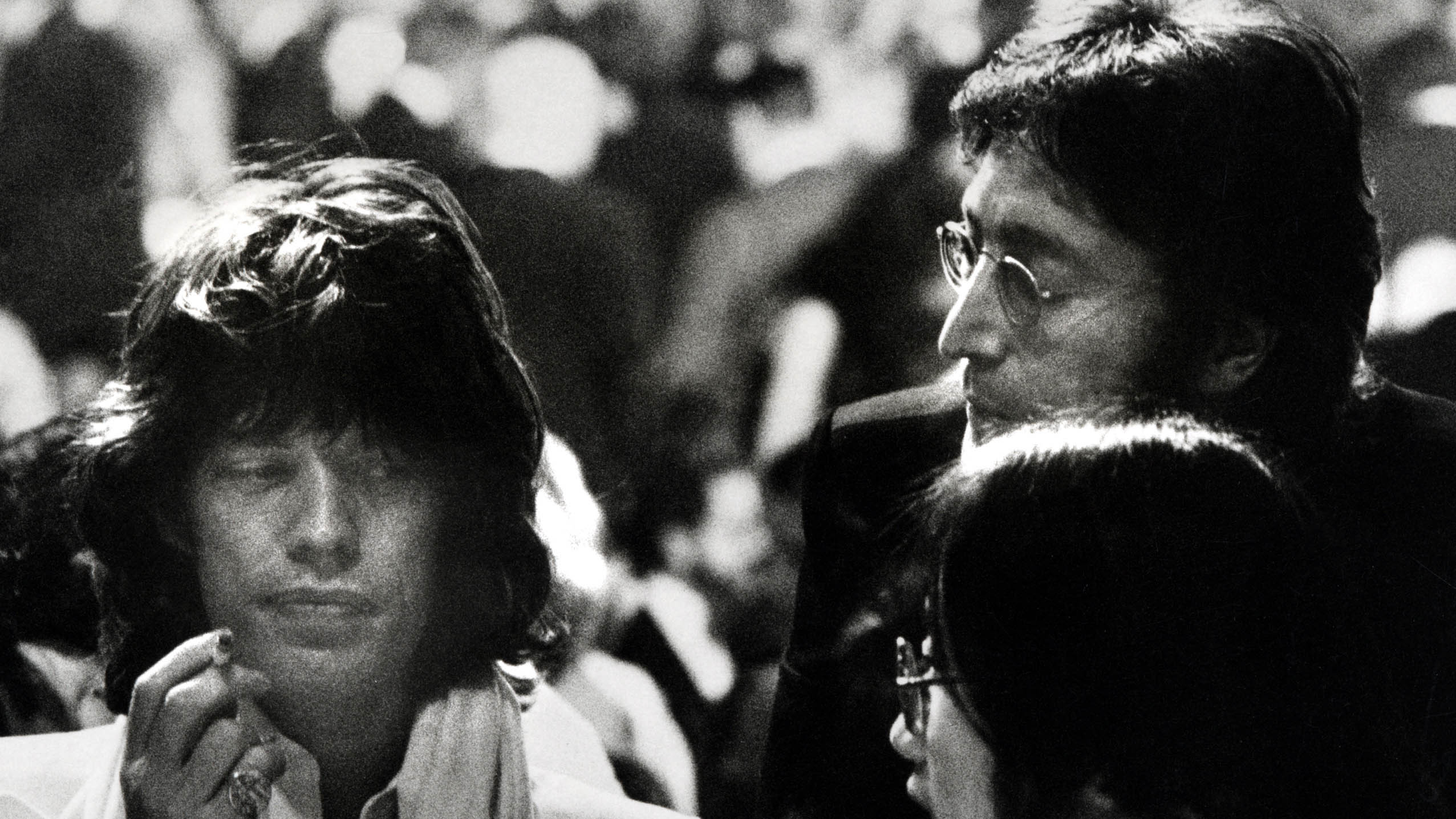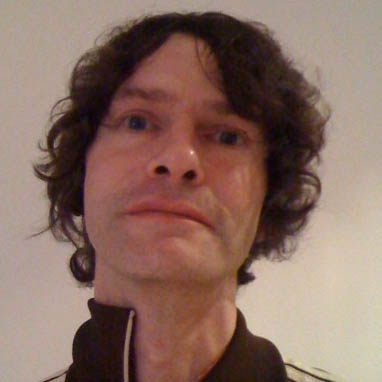“He felt the Rolling Stones got the adulation and respect that ‘The Mop Tops’ didn’t... he would get really angry about it, and call them ‘the Rolling Pebbles’”: Lennon’s '70s confidant tells fascinating story of the ex-Beatle's competitive streak
Elliot Mintz was one of the few people who knew Lennon during the late 70s

One of John Lennon’s closest confidants during the latter part of his life has written a book and in a new interview with Spin magazine has talked about his life and his relationship with Lennon and Yoko Ono.
Elliot Mintz was a radio and TV broadcaster who found himself in Ono’s orbit in 1971 and stayed in close contact with the couple throughout the rest of the decade. He is one of the few people who was in regular contact with Lennon throughout his ‘house husband’ years of the late 70s when he seemed to have disappeared completely.
He paints a portrait of the ex-Beatle as in turns melancholic, competitive and insecure about his standing in music history. His attitudes towards two of his contemporaries – Mick Jagger and Bob Dylan – bear this out.
“He felt the Rolling Stones got the kind of adulation and respect that ‘The Mop Tops’ didn’t, and that the Stones were perceived as the revolutionaries because they came forward with Street Fighting Man as opposed to ‘I Want To Hold Your Hand,” Mintz says.
“He loved Mick Jagger, and the two of them spent countless nights together in London. But when he would get really angry about it, he’d called them ‘the Rolling Pebbles.’”
“He had that same kind of envy of the way people perceived Bob Dylan,” he continues. “He insisted to me he was a far better writer than Dylan was. It was a love-hate thing. He loved Bob’s earlier work, but he liked the simpler, direct stuff… We would have these conversations where John would insist that I Am the Walrus was superior to anything that Bob had ever penned.”
And of course, he was still competitive with his old partner. “John as a solo artist didn’t sell a lot of albums compared to Paul McCartney. That bothered him. So did the adulation that Paul received when he’d go out on the road, which was all rightfully deserved, in my opinion.
Want all the hottest music and gear news, reviews, deals, features and more, direct to your inbox? Sign up here.
"He believed he was a creative genius. He believed that throughout his entire life. When he was in art school, he thought he was brilliant.”
“That’s a very confining place to find yourself, because you really believe that you’re sitting at a dining room table and you’re alone,” Mintz points out.
“You’re not being celebrated. Especially between 1975 and 1980, he felt like the pieces just didn’t seem to fit, and it caused him great personal anguish.”
Mintz’s book We All Shine On: John, Yoko & Me is out now. The author, now 79, explained why, after all this time, he decided to spill the beans: “I had received in recent years some encouragement from Sean Ono Lennon to tell my tale, (but also) I thought to myself, ‘If not now, when?’
"If I didn’t tell my story at this moment, people would have to get a Ouija board to hear me speak.”

Will Simpson is a freelance music expert whose work has appeared in Classic Rock, Classic Pop, Guitarist and Total Guitar magazine. He is the author of 'Freedom Through Football: Inside Britain's Most Intrepid Sports Club' and his second book 'An American Cricket Odyssey' is due out in 2025.
